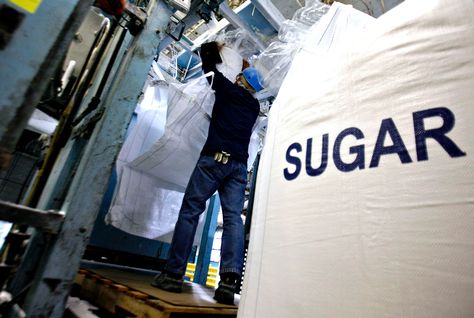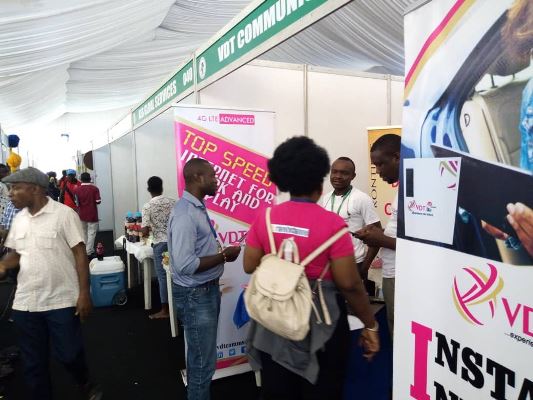Nigeria targets self-sufficiency in sugar production by 2033
The National Sugar Development Council (NSDC) says Nigeria targets to attain self-sufficiency in sugarcane production by 2033.
The Executive Secretary of NSDC, Mr Zacch Adedeji, said this at the 2022 annual media parley in Abuja on Wednesday.
He said that after attaining surplus sugar refining capacity, Nigeria was pushing for self-sufficiency in the cultivation of the main raw material, sugarcane.
“In the last 10 years we have achieved sufficiency in refining capacity to the extent that we doubled our consumption capacity.
“Today, we consume 1.7 million metric tonnes but our refining capacity is in the excess of 3.5 million metric tonnes
“So, in the last 10 years in refining, we have achieved that target but you know our plan is not to import raw sugar at all.
“In the next 10 years our expectation is that we would have achieved the real self-sufficiency in both refining and actually growing the cane that we need to feed the refineries,’’ Adedeji said.
He said that Nigeria would attain the target in the course of the 2nd phase of the sugar production masterplan approved by President Muhammadu Buhari recently.
“Going by the new phase approved for us, we hope that 2033 we will achieve the self-sufficiency in sugar production and also be able to export to fit into the next import situation we are at the continent,’’ Adedeji said.
He said that with the launch and implementation of Nigeria Sugar Master Plan (NSMP), the once comatose, moribund and neglected sugar sector roared back to life as local and international investors picked interest in the sector.
According to him, the sugar policy is anchored on four objectives which are: for Nigeria to attain self-sufficiency in sugar production, stem the rising tide of sugar importation, create job opportunities, generate electricity and produce ethanol for industrial purposes.
“As captured in the master plan, Nigeria’s annual sugar consumption of 1.7 million metric tones would be met after 10 years.
“A total of 250,000 hectares would be required for cane cultivation, 28 factories would be established and over 100,000 direct and indirect jobs would be created for Nigerians.
“As at today, a total of four companies have signed unto the Backward Integration Programme (BIP) of the NSMP.
“The companies are Dangote Sugar Refinery, BUA Sugar Refinery, Golden Sugar Refinery and KIA Africa Group.
“These BIP operators have their sites located in states across Nigeria where there are providing jobs for Nigerians and contributing to the economic fortunes of their host communities.
The Dangote Sugar Refinery has its BIP sites in Numan, Adamawa State and in Tunga in Nasarawa state, while the BUA Group has in Lafiagi, Kwara State, Golden Sugar BIP is located in Sunti, Niger State while that of KIA Africa is in Bacita, Kwara state.
“With Phase One of the master plan which began in 2013, reaching its crescendo in the first quarter of 2023, the Federal Government, through the promotion of industrialisation, has approved Phase two of the policy.
“This is with actual implementation to begin in 2023 through 2033.
“The granting of the NSMP Phase 2 by President Muhammadu Buhari and in line with the expectations of Nigerians, we shall in the shortest possible time attain self- sufficiency in sugar production, and subsequently export to countries within the continent,’’ he said.
Adedeji, however, said that the council’s activities in attaining the target would rely on verifiable data and innovations.
“As provided by the Phase two Plan, we shall tinker a bit with what we had in the past. Essentially, our next phase of activities would be anchored on verifiable data and innovation to make our work seamless.
“Going forward, the annual raw sugar quota allocation to operators would be based on their performances in the outgoing year.
“So, we call on our operators to buckle up as the old order of allocating raw sugar quota, based on size of the refinery, has changed based on the approved NSMP Phase two,’’ the Sugar Council boss said.













